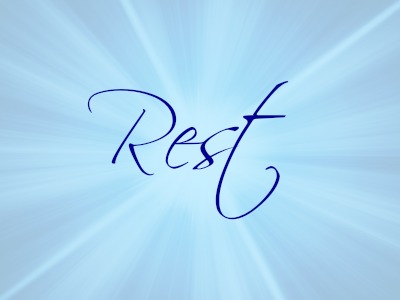Makos 8a (2)
Shogeg – Hechsher Mitzvah
1- We spoke about the narrative in the Chumash describing a case of ‘shogeg’ – causing an unintentional death that results in Golus. Devorim 19.
And this is the case of the killer who will flee there, so that he may live: Whoever strikes his fellow [to death] unintentionally, whom he did not hate in times past.
As when a man goes with his fellow into the forest to chop wood, and his hand swings the ax to cut down the tree, and the iron flies off the handle, and it reaches his fellow, and he dies he shall flee to one of these cities, and live.”

It begins with two points:
1- walking into a forest.
2- while chopping wood the axe malfunctions and results in an accidental killing.
The Mishnah and Rava derive from one of these points – walking into a forest and chopping wood – both mundane actions, that a ‘shogeg’ is only when not doing a Mitzvah.
The Gemora discusses if there is a possibility of chopping wood for Mitzva, such as for a Sukah or for firewood for the Mizbeach. It concludes that the chopping for these two Mitzvas is considered only a ‘hechsher Mitzvah’ i.e. preparation for the Mitzvah and not the Mitzvah itself.
Yisrolik Motchkin pointed out that in addition the what we wrote last week (Shiur Points 10/07/14 #3) there is more from the Rebbe on this topic in Likutei Sichos vol 29 page 496.
http://beta.hebrewbooks.org/pdfpager.aspx?req=16024&st=&pgnum=511

Kaporah for a Shliach
2- Repeated the story of the maid that fainted and inadvertently was given poison that caused her to die and the ruling of the Chasam Soifer that no ‘Kaporah’ is needed.
Story of the Shliach who was on a panel discussing Zionism. While the Shliach presented the Chabad view on this touchy subject an agitated old man (ardent Zionist) began to argue and R”L died of a heart attack!
The Shliach wrote to the Rebbe what transpired in detail, describing the points he presented as to the Chabad position etc. and asked if he needs a Kaporah. The Rebbe told him (while adding some points to his presentation!) that he should ‘do something’ for his causing this tragic incident. What exactly I don’t know.
Incidentally, the family of the deceased told the Shliach during Shiva, that he should not blame himself as the old man had a very weak heart to begin with. (Perhaps he was a diehard Zionist…)
Obligation to work
3- Spoke about the obligation to “work” as it says in the Posuk “Shai’shes Yomin Ta’avod, Ubashvi Tishbos”.

It’s not counted as one the 613 – Taryag Mitzvos perhaps because it is a Mitzvah K’lolis ……
One or two Shabossim for Moshiach to come?

4- Famous contradiction between two Medroshim: One states that “if Jews would keep just one Shabbos they would be redeemed”, whereas another states the need for two Shabossim to be observed.
The Alter Rebbe answers according to Chassidus that it means the two levels of Shabbos that need to be experienced every Shabbos.
See here : http://beta.hebrewbooks.org/pdfpager.aspx?req=16093&st=&pgnum=110
Suggested that perhaps it means as follows: In order to keep a Shabbos properly one must work only six days before the Shabbos arrives. Shabbos needs to be “the seventh day”.

If one becomes a Ba’al Teshuva on a Tuesday, for example, and decides to keep the next Shabbos then this next Shabbos will not be “the seventh day” for him. Since he has not kept Shabbos prior to this one, then the Shabbos he decides to observe comes after (not six days of work, but) perhaps hundreds of days of work.
He therefore needs to keep one Shabbos, work for six days, and only then will the second Shabbos be for him a real “seventh day”.
Thus the two Medroshim do not contradict. For Moshiach to come we need everybody to “keep one Shabbos” but that will be realized only after they observe “two Shabossim”.
